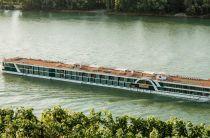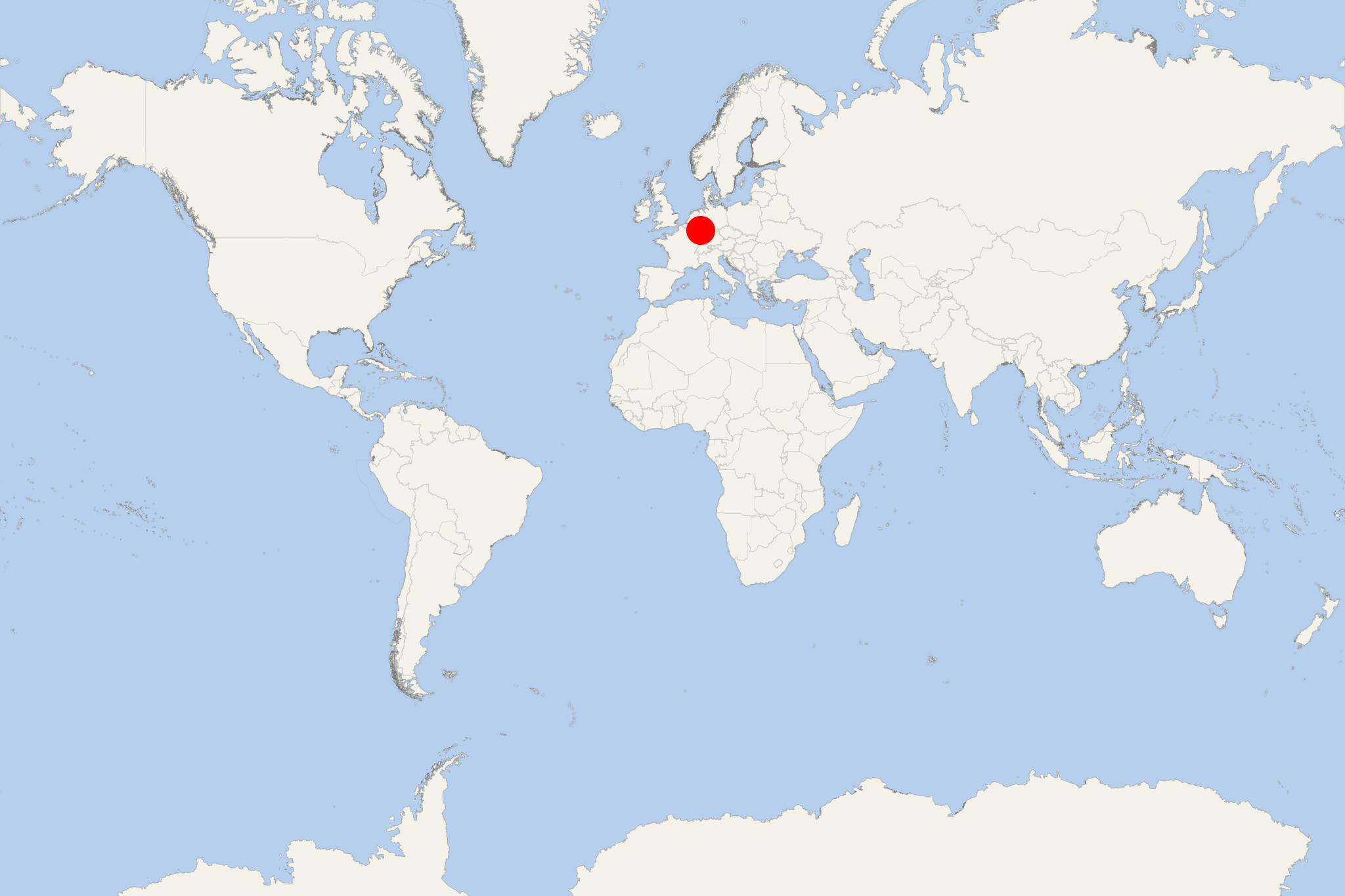Oberwesel (Germany Rhineland-Palatinate)
Cruise Port schedule, live map, terminals, news
Region
Europe Rivers
Local Time
2026-01-24 05:45
 31°F
31°F -0.5°C

 Very Light
Very Light1.1 m/s
 38 °F / 4 °C
38 °F / 4 °C 30 °F / -1 °C
Port Oberwesel cruise ship schedule shows timetable calendars of all arrival and departure dates by month. The port's schedule lists all ships (in links) with cruises going to or leaving from Oberwesel, Germany Rhineland-Palatinate. To see the full itineraries (ports of call dates and arrival / departure times) and their lowest rates – just follow the corresponding ship-link.
| Day | Ship | Arrival | Departure |
|---|---|---|---|
| 4 March, 2026 Wednesday | 11:00 | 18:00 | |
| 11 March, 2026 Wednesday | 11:00 | 18:00 | |
| 23 March, 2026 Monday | 11:00 | 18:00 | |
| 24 March, 2026 Tuesday | 11:00 | 18:00 |
Oberwesel (port locode DEOBW) is a Rhine River cruise port and town in Germany's Rhineland-Palatinate state (Rhein-Hunsruck-Kreis district) with population around 3,000. The town is on the river's west bank and located in Rhine Gorge, between Sankt Goar and Bacharach.
Oberwesel's history started as the Celtic settlement Vosavia (Volsolvia). Later, the Romans maintained a horse-changing station here. Later it became Wesel Estate (Frankish royal holding) and in 966 AD was granted to the Archbishopric of Magdeburg. In 1220 it again became German imperial city. In 1689, the town was destroyed by French soldiers during the Nine Years War (1688–1697). In 1794, Oberwesel was occupied and in 1802 annexed by France. After the Congress of Vienna (1815), the town became again Prussian.
Traditionally for Germany's Middle Rhine region, local economy has always been based on winegrowing and trade. Within the wine region, Oberwesel is one of the biggest winegrowing centres. The vineyards are steeply terraced. Here are produced mainly Riesling (80%) and white grape varieties (20%, including Thurgau, Kerner, Pinot Blanc) plus some red varieties (Pinot Noir, Dornfelder). All qualities and kinds of wines are produced. The town houses around 30 private (family-owned) wine estates.
- Cruise Industry

Luftner-Amadeus River Cruises opens 2026 itineraries for booking
Luftner Cruises announced that all river cruise itineraries scheduled for 2026 for its AMADEUS fleet are now open for reservations. The...
February 5, 2025 - show more news
